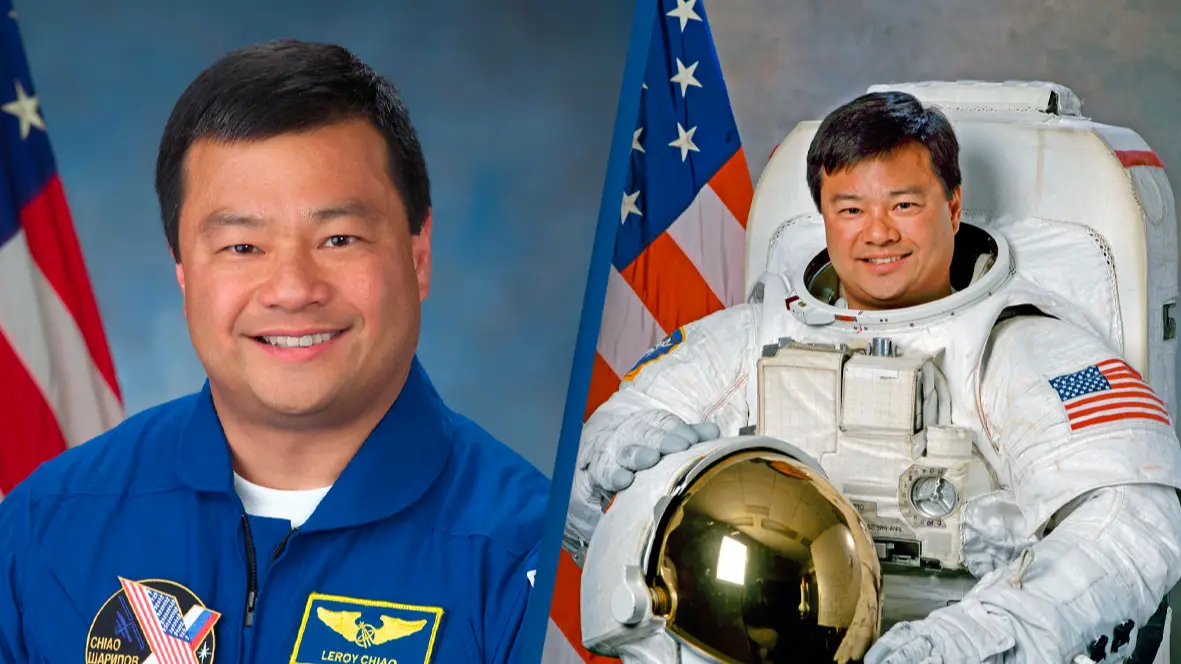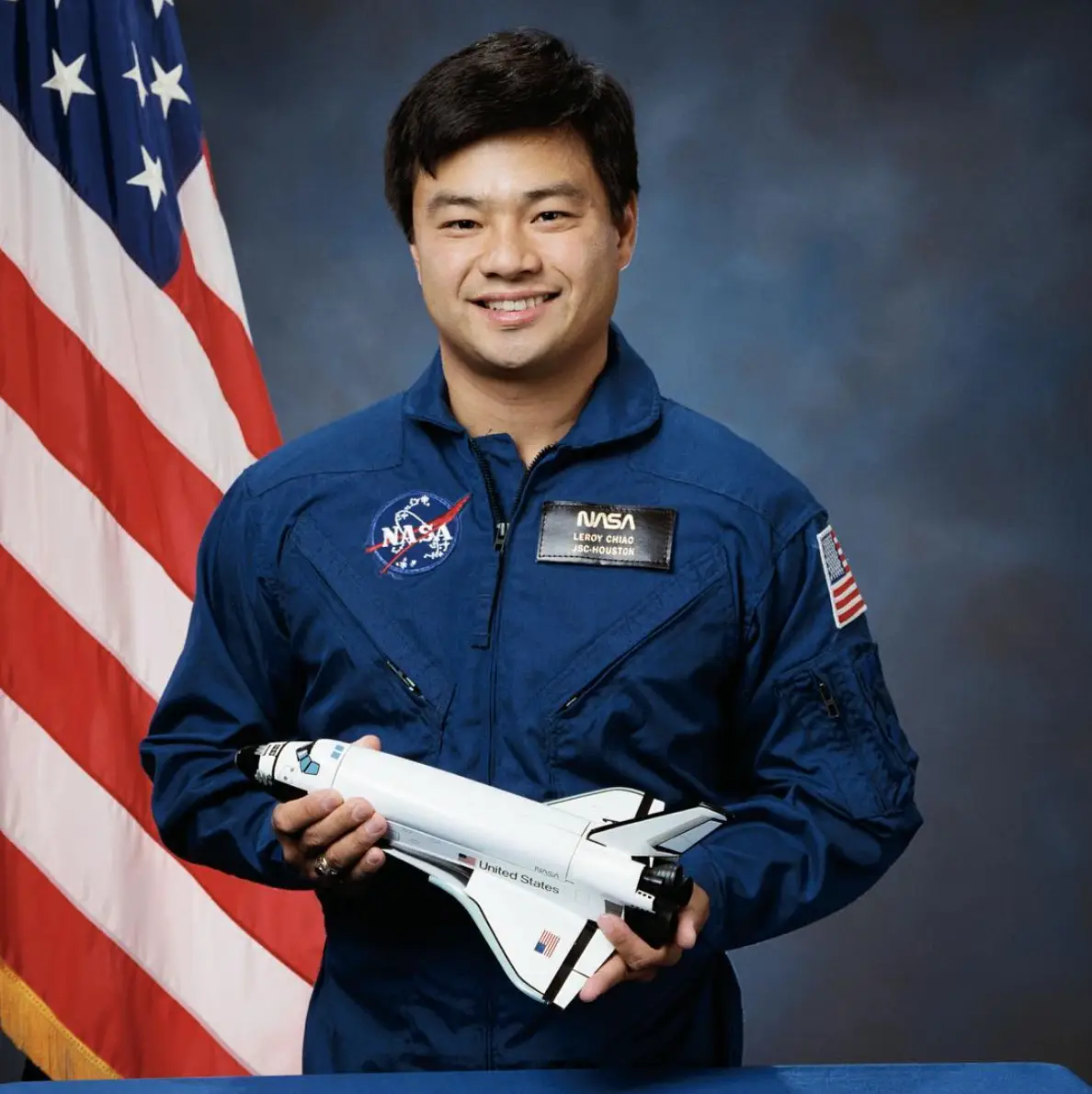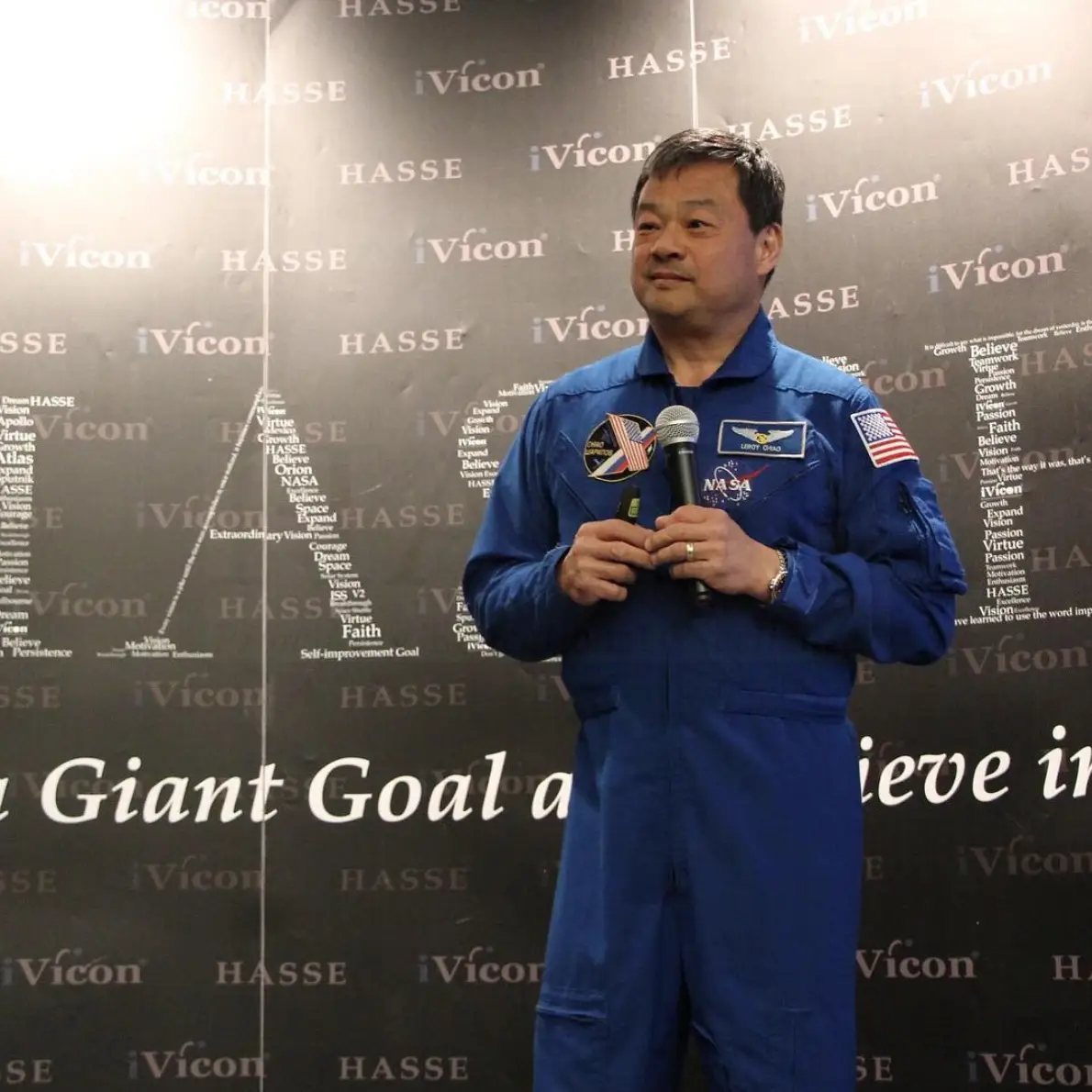
A former NASA astronaut and International Space Station commander has shared what it's like to return to Earth from space and it sounds pretty intense.
Leroy Chiao served as an astronaut from 1990 to 2005, flying four missions, performing six spacewalks and logging nearly 230 days in space.
Speaking to Space.com, he described how it feels to return from space - and after hearing what he has to say, maybe being an astronaut doesn't sound so cool after all.
Advert
"Your balance system is turned upside down, and you feel very dizzy. When you stand up for the first time, you feel about five times heavier than you expect," he explained.

"All of this can be unsettling and nausea is not unusual."
He added that the longer the mission, the more intense and long-lasting the symptoms are.
He continued: "If you've been on a short flight, you feel better after a day or two. But after a long flight, it usually takes a week, or several, before you feel like you're back to normal."
But, despite an overwhelming desire to just lie around - because it causes you to feel less dizzy - Chiao stressed the important of staying active.
He said: "In order to recover your balance to the point of being able to exercise, you must force yourself to walk around; it is this physical activity that really accelerates your recovery."

He also described what happens after take-off - an equally stomach-churning experience.
He said: "For the last few minutes of ascent, you are subjected to acceleration levels that are three to five times that of normal Earth gravity, then, at the moment of main engine cutoff, you are instantly weightless.
"It feels as if you suddenly did a forward roll on a gym mat, as your brain struggles to understand the odd signals coming from your balance system."
Astronauts once again experience feelings of dizziness and nausea and an 'immediate pressure in your head, as if you were lying down headfirst on an incline'.
"At this point, because gravity is no longer pulling fluid into your lower extremities, it rises into your torso," Chaio added.

However, he remarked on how quickly the body adapts to living in space.
He said: "Over the next few days, you body will eliminate about two liters of water to compensate and your brain learns to ignore your balance system.
"Your body equilibrates with the environment over the next several weeks.
"After a week or so, you learn to work in the weightless environment of space. The awesome beauty of the Earth below, while still striking, becomes a bit ordinary."
As someone who just about manages to keep their lunch down on the rides at Disney World, I don't think I'd ever class hurtling through space at more than 17,000 mph as 'ordinary.'
Topics: Space, International Space Station, NASA, Technology, Science
